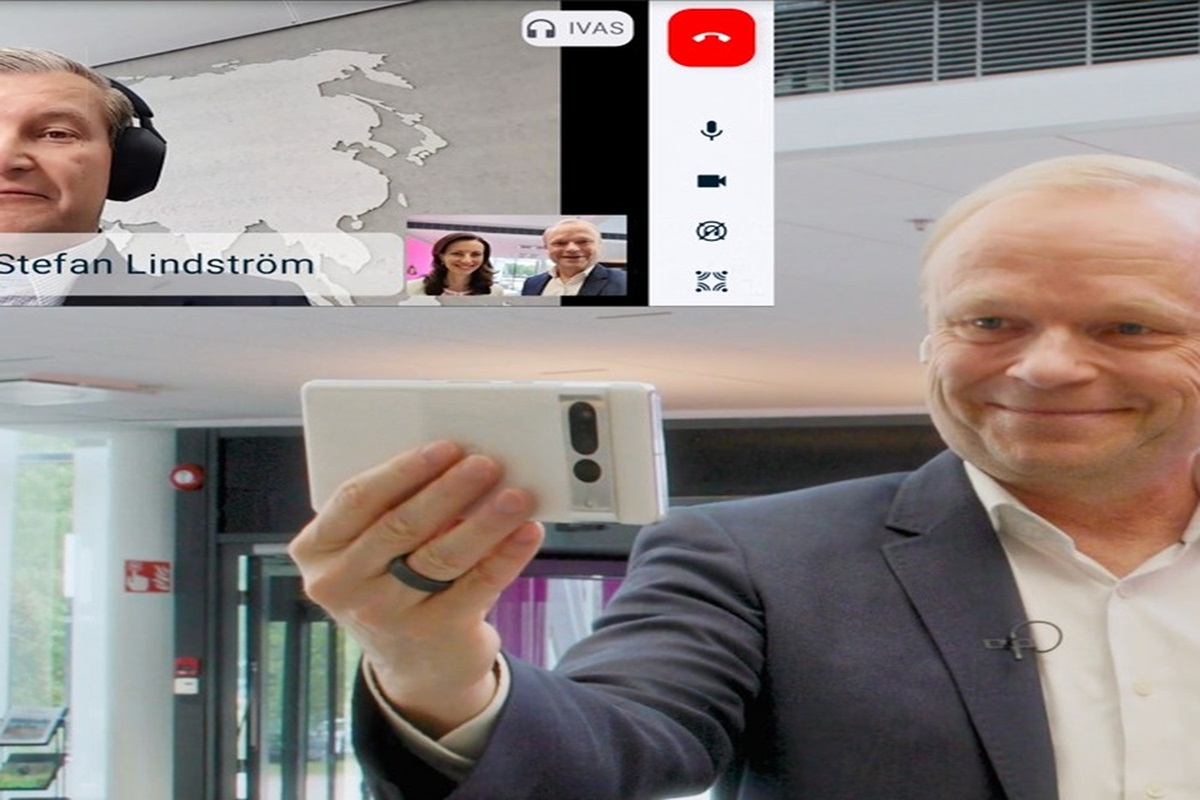Nokia, a multinational technology company, has made significant strides in voice-calling technology by introducing immersive audio and video calling. This innovative approach utilizes three-dimensional sound to create a more lifelike and engaging experience for users. The technology, which is part of the upcoming 5G Advanced standard, promises to revolutionize the way we communicate over voice calls.

Current Limitations of Monophonic Technology
Currently, voice calls rely on monophonic audio, which compresses sound elements together and results in a flat and less detailed listening experience. This can make the voice on the other end sound mechanical, lacking the intimacy and realism that immersive audio technology offers.
Nokia’s Immersive Audio Technology
Nokia’s immersive audio technology uses spatial audio to create a more immersive experience. This technology leverages the capabilities of existing smartphones, most of which feature at least two microphones. This immersive audio experience can be implemented without requiring significant hardware upgrades by transmitting the spatial characteristics of a call in real-time.
Benefits of Immersive Audio Technology
The benefits of immersive audio technology are numerous. For consumers, it allows for a more lifelike and engaging experience, making it feel like the person is sitting next to you. For enterprise and industrial applications, it enables safer and more efficient remote collaboration and control. The technology also has the potential to enhance extended reality and metaverse applications.
Future of Voice Calls
The CEO of Nokia, Pekka Lundmark, has described this technology as the biggest leap forward in live voice calling since the introduction of monophonic telephony audio used in smartphones and PCs today. The technology is expected to become standardised, paving the way for network providers, chipset manufacturers, and handset manufacturers to integrate it into their products.
Timeline for Market Availability
Although the technology is still under investigation, it is expected to hit the market within a few years. If it becomes possible, there is no doubt that it will bring a revolutionary change in voice calling. Nokia’s immersive audio technology has the potential to transform the way we communicate over voice calls. By providing a more lifelike and engaging experience, it can enhance the quality of calls and make them feel more intimate. As the technology continues to evolve, it is likely to have a significant impact on the way we communicate in the future.
Leave a Reply